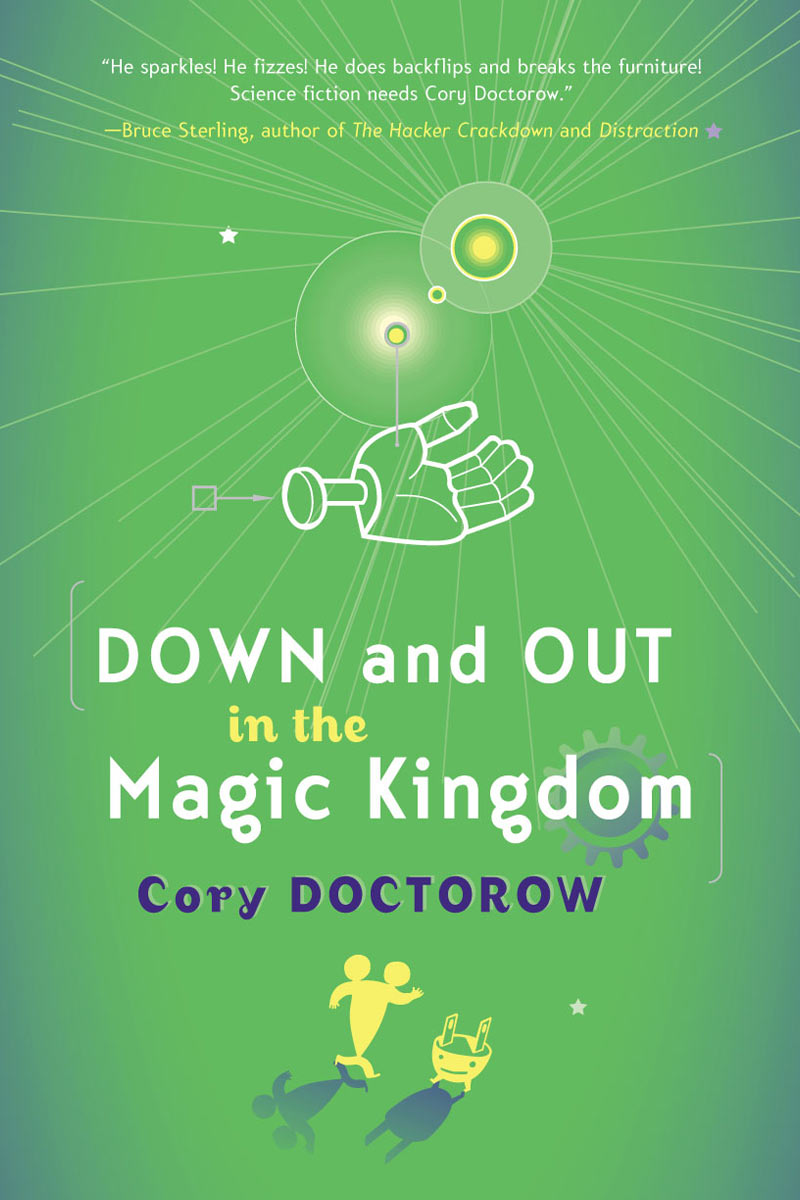Shift Online has published a great, long article about the ways that the Bitchun Society parallels our present day world, based on an interview we did.
But here’s the kicker: Democracy — or the version of it that we know now anyway, that we’re most comfortable with — is already changing in the real world. Put on your Cory Doctorow goggles and re-examine today’s political landscape: “Internet politics are increasingly post-left-right dichotomy,” he says. “The medium is the message — I think that the internet makes you into a libertarian to a certain extent. Because you can see non-hierarchical, non-centralized systems working, and it becomes hard to credibly claim that we need increased centralization in order to create order or equity or equitableness.” We’ve seen that with the fall of Yahoo, he explains, which was a centralized listing of what was on the internet, edited by a very small group of individuals. The sites on Google, on the other hand, are ranked by everyone who owns a website. “It’s hard to be a left-winger in the sense of a centralized authority-endorsing individual, or a right-winger in that sense. There are lots of strange bedfellows that have been made, certainly. My friend Patrick Nielson Hayden was just in the march in D.C. and he described marching in a blogger contingent that included someone who was carrying a sign that said ‘Peace Now, Socialism Never’ alongside people who were old lefty red-diaper baby types.”
In such a climate, one of decentralization where the only criteria for participating in a movement is your belief in the cause at hand, maybe a Disney World overrun by fans isn’t quite so hard to fathom.




























